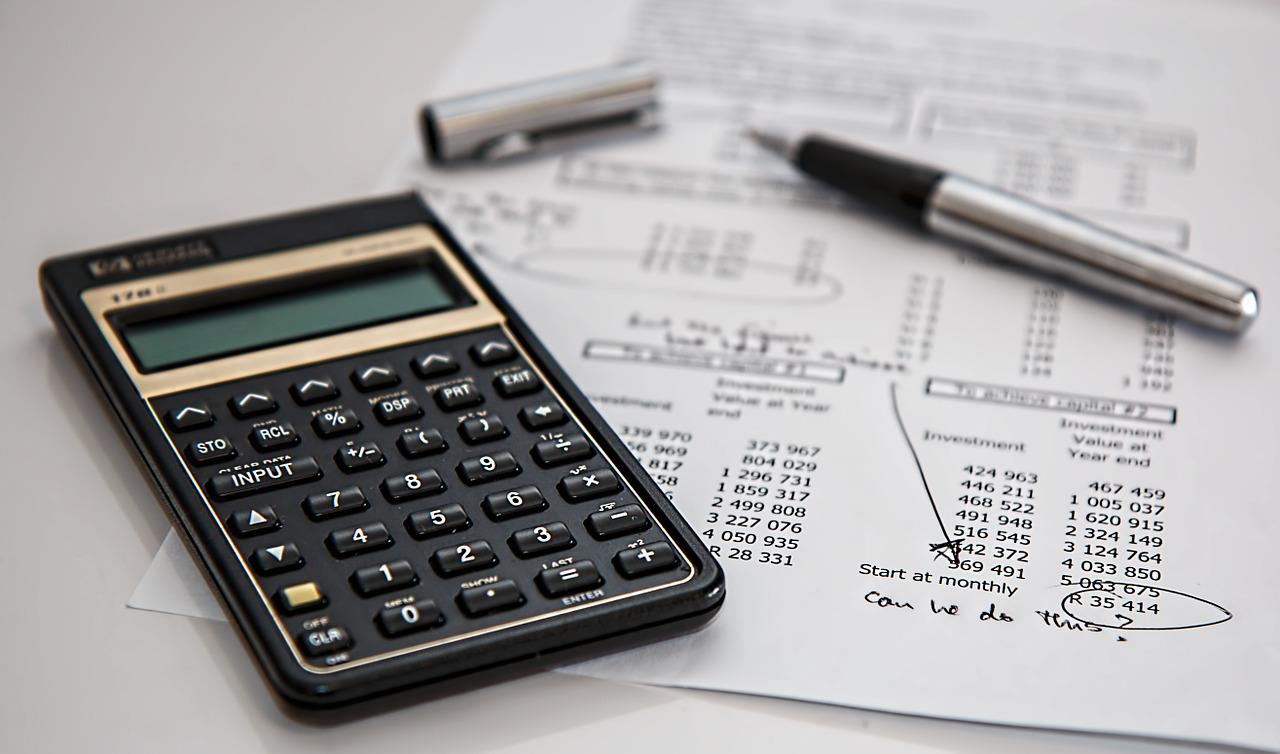Accounting in Denmark is a complex field governed by strict regulations. Entrepreneurs operating in the danish market must be well-versed in local laws to meet all tax and accounting obligations.
The accounting system in Denmark: key principles and regulations
In Denmark, accounting regulations are strictly enforced by law. The danish financial statements act (årsregnskabsloven) serves as the primary legal framework for maintaining accounting records, preparing financial statements, and conducting audits. This act mandates that any business operating within Denmark must adhere to specific accounting standards.
The danish accounting system is based on principles generally accepted across europe, but it also includes unique elements specific to the danish legal context. For instance, companies are required to prepare annual financial statements in accordance with either international financial reporting standards (ifrs) or danish accounting standards.
One of the key aspects of the danish accounting system is the requirement to keep accounting records in either danish or english. These records must be retained for a minimum of five years to allow for potential review by tax authorities.
Tax obligations and financial reporting
Every business in Denmark is obligated to maintain detailed financial records that form the basis for tax calculations. The danish tax system is complex, and entrepreneurs must be aware of various obligations, including corporate income tax, vat (moms), and other contributions such as social security fees.
The vat rate in Denmark is 25%, one of the highest in europe. Businesses are required to regularly submit vat returns, documenting the amount of vat charged and deducted. Another important requirement is the issuance of vat-compliant invoices, which must include specific details such as the vat number of both the buyer and seller, the date of sale, and a description of the goods or services provided.
The annual financial statement, which danish businesses must prepare, consists of a balance sheet, an income statement, and explanatory notes. The danish financial statements act provides different formats and scopes of reporting depending on the size of the business, allowing smaller companies to use simplified reporting forms. All financial statements must be submitted to the central business register (erhvervsstyrelsen), and larger companies must also undergo an audit.
The role of accountants and modern accounting solutions in Denmark
Accountants play a crucial role in the management of businesses in Denmark, especially given the complexity of the local accounting and tax systems. Many companies choose to hire professional accountants or outsource their accounting needs to specialized firms to ensure compliance with legal requirements.
Modern technologies are increasingly important in danish accounting. The digitization of accounting processes allows for the automation of many tasks, such as invoicing, recording income and expenses, and preparing financial reports. In Denmark, online accounting systems that integrate with banks and tax systems are popular, making it easier for businesses to manage their finances.
Given that the danish government emphasizes innovation and digitization, entrepreneurs can take advantage of numerous tools to support financial management, such as invoicing apps, financial analysis platforms, and tax management software. These modern solutions not only streamline the work of accountants but also provide greater transparency and control over a company’s finances.
Accounting Denmark is a field that requires a thorough understanding of numerous legal and accounting principles. Entrepreneurs must be well-acquainted with the local tax system and reporting obligations to effectively manage their businesses. Support from professional accountants and the use of modern technologies are key elements that can help manage finances in Denmark’s dynamic business environment.









